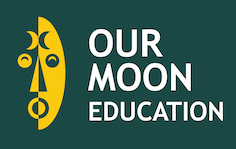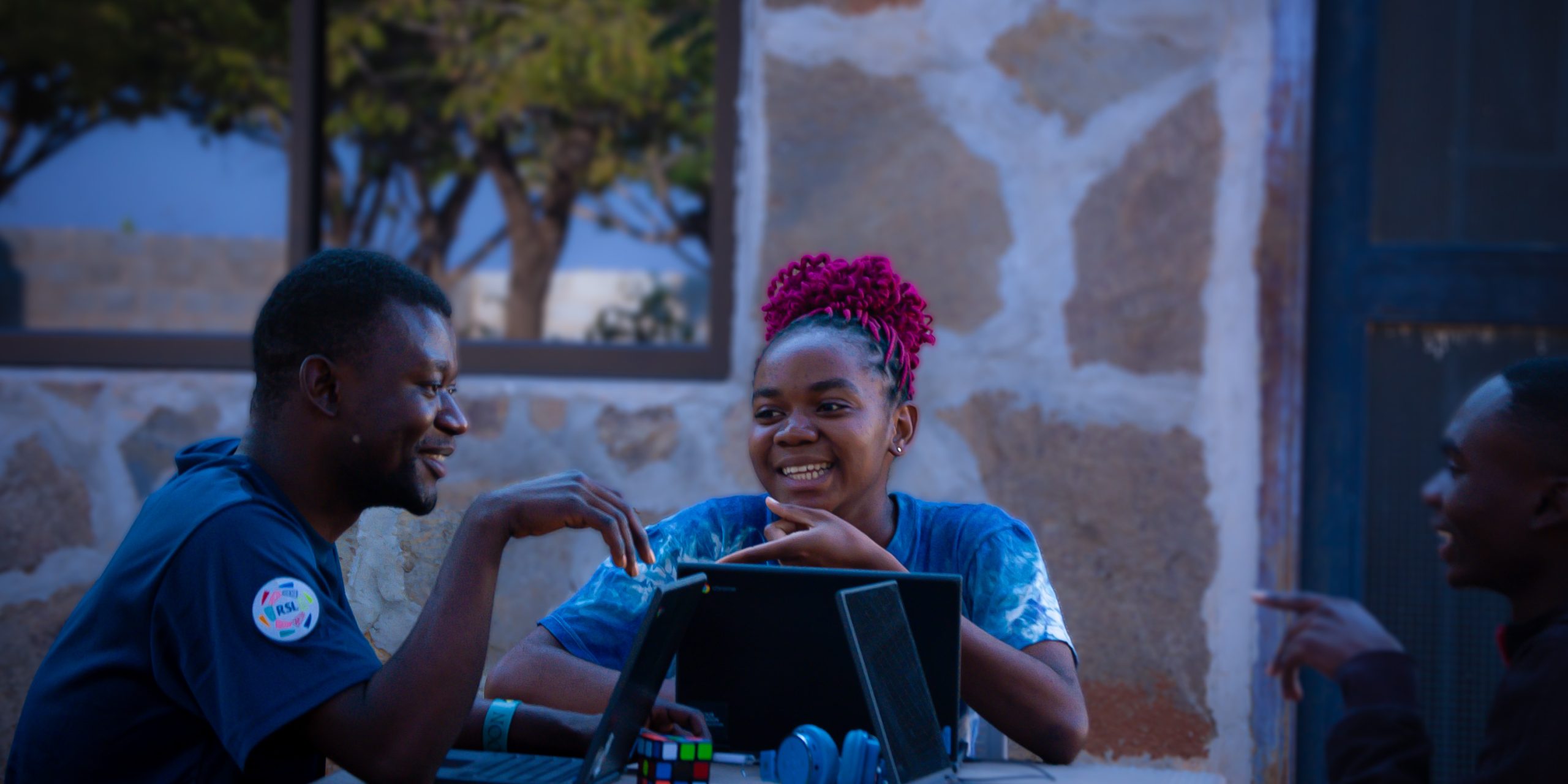In Edwin Mbewe’s second blog, he talks about the extent to which understanding our past is important in informing our current and future.
Firstly, I am very thankful to Our Moon Education and the teachers from Ecolint for giving us the opportunity to do the reflective essays. In particular, I learnt about the format of the research question: “To what extent…”. Yes, there’s a problem, there’s an issue here, but “to what extent” is the issue exacerbating discomfort to the victims? My research looked at the impact of the coronavirus pandemic from a Zambian economic standpoint. I didn’t analyse the entirety of the landscape of the impact, it was only one context of it, which is the rewarding part of research writing. But why is it important to contextualise the research topic to a specific or defined concentration?
The whole world now knows about the Black Lives Matters movements in America, and throughout many countries. From the invigoration of Rosa Parks to the wakening of one of the most celebrated civil-rights activists Martin Luther King Jr, a lot about the injustices of the black people is known. But for me, who was born in peaceful Mfuwe, where white people would come to our primary school and spend time with us, we didn’t see any injustice there. On top of this, school taught me about the United Nations’ aim towards unity and equality. And so, within my relatively sheltered spheres, I had never really considered the atrocities they performed on us, and how white supremacy is such an issue. Of course, I learnt about the slave trade and colonialism, but to me that was the past, and it was less significant in determining our current life choices.
So, the first time I heard about black movements, I was like: ‘Why are these black Americans still living in the past by using the story of slavery as a pillar by which to present their case of injustices and racism?’ Do you know the problem I had? It’s the problem some of you may have. I didn’t know “the extent” to which black people were actually mistreated and still are. I found it difficult to believe that some black people moved from America to Russia – from a country which I believed represented freedom to one I considered to be overtly racist – in search of safety. No wonder there are so many black songs and reggae music advocating for this freedom. I second the idea that educational institutions must start teaching the inclusive history of civilisation from as early as primary school.
I think history is relevant. I think it is a very essential eye by which we can track a radical trend, disease or behaviour, and with other dynamics, predict the outcomes. If racism is perceived as only a current misconduct, for instance, then even the energy invested to curb it would be considerably less than that if it were taught as behaviour from the past. People like me, who are embarking on academic journeys of research for problem-solving, knowing the past will help us appropriate our energy to the roots of problems.
Take an example. Why are most African small scale farmers using the same old fashioned single-crop farming method? Thanks to Mercy – an Our Moon student – for choosing to write about this matter in her reflective essay, because by examining the trend, we can find more productive alternatives for our farmers such as crop rotation.
One of the professors at Stanford, Clayborne Carson, has recently been recognised for his dedication to the inspiration that Martin Luther Jr. brought. Why do you think a man like Clayborne could dedicate his professional life to studying someone? To me it means the extent of the injustices was very detrimental. Another, who runs an MIT edX course Introductory Biology, says: “you have to understand the fundamentals of biology, to understand and revolutionise biology-based inventions in medicine and other emerging fields.” So, to walk above the storms of life, the evolving resistance of viruses and pathogens, I think understanding history, of how cells evolved, we could know and predict the behaviour of the same, in the years to come, from both the scientific and biblical approach.
In which other areas do you think history holds as important as water? Which concentrations do you see the lack of understanding, where history should come in? Feel free to comment, ask, and clarify, and suggest, regarding this topic.


